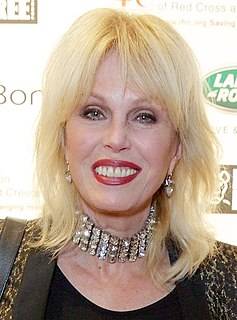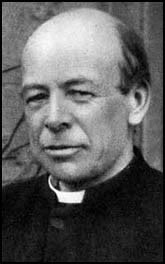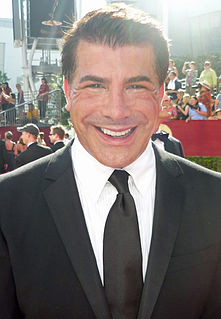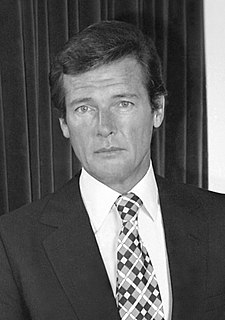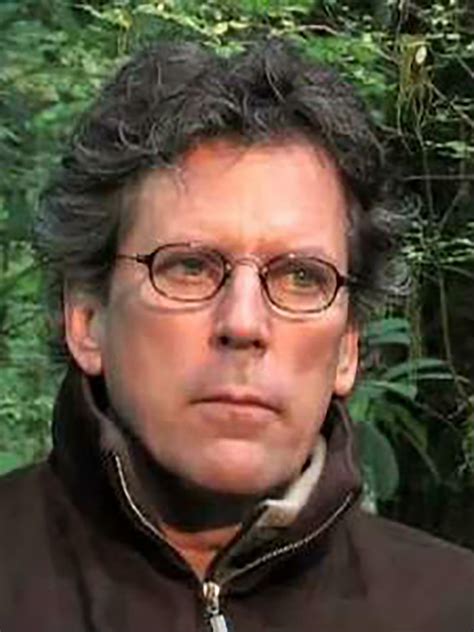A Quote by Joanna Lumley
Death is nothing at all. I have only slipped away into the next room.
Related Quotes
Gordon Edgley's sudden death came as a shock to everyone - not least himself. One moment he was in his study, seven words into the twenty-fifth sentence of the final chapter of his new book, And the Darkness Rained upon Them, and the next he was dead. A tragic loss, his mind echoed numbly as he slipped away.
If, on thinking this, I look up to see if reality can quench my thirst, I see inexpressive facades, inexpressive faces, inexpressive gestures. Stones, bodies, ideas - all dead. All movements are one great standstill. Nothing means anything to me, not because it's unfamiliar but because I don't know what it is. The world has slipped away. And in the bottom of my soul - as the only reality of this moment - there's an intense and invisible grief, a sadness like the sound of someone crying in a dark room.
Death is nothing to us: for after our bodies have been dissolved by death they are without sensation, and that which lacks sensation is nothing to us. And therefore a right understanding of death makes mortality enjoyable, not because it adds to an infinite span of time, but because it takes away the craving for immortality.
Accustom yourself to believe that death is nothing to us, for good and evil imply awareness, and death is the privation of all awareness; therefore a right understanding that death is nothing to us makes the mortality of life enjoyable, not by adding to life an unlimited time, but by taking away the yearning after immortality. For life has no terror; for those who thoroughly apprehend that there are no terrors for them in ceasing to live.
Needless to say, jamming deformed, drugged, overstressed birds together in a filthy, waste-coated room is not very healthy. Beyond deformities, eye damage, blindness, bacterial infections of bones, slipped vertebrae, paralysis, internal bleeding, anemia, slipped tendons, twisted lower legs and necks, respiratory diseases, and weakened immune systems are frequent and long-standing problems on factory farms.
Submit to death, death of your ambitions and favorite wishes every day and death of your whole body in the end: submit with every fiber of your being, and you will find eternal life. Keep back nothing. Nothing that you have not given away will be really yours. Nothing in you that has not died will ever be raised from the dead. . . look to Christ and you will find Him, and with Him everything else thrown in.
At last the cold crept up my spine; at last it filled me from foot to head; at last I grew so chill and desolate that all thought and pain and awareness came to a standstill. I wasn't miserable anymore: I wasn't anything at all. I was a nothing-- a random configuration of molecules. If my heart still beat I didn't know it. I was aware of one thing only; next to the gaping fact called Death, all I knew was nothing, all I did meant nothing, all I felt conveyed nothing. This was no passing thought. It was a gnawing, palpable emptiness more real than the cold.
I was not allowed to think of him. That was something I tried to be very strict about. Of course I slipped; I was only human. But I was getting better, and so the pain was something I could avoid for days at a time now. The trade-off was the never-ending numbness. Between pain and nothing, I'd chosen nothing.
I had nothing to do with death panels. I thought it was a horrible phrase about end of life. I didn't think it was accurate, and I was - I've always been opposed to it. The reason why I stood behind that phrase "death tax" for so many years is because the only time that you could pay that tax, the only time, is on the death of a relative. And that's what makes it a death tax. You have to be accurate.
Whatsoever causes no annoyance when it is present, causes only a groundless pain in the expectation. Death, therefore, the most awful of evils, is nothing to us, seeing that, when we are, death is not come, and, when death is come, we are not. It is nothing, then, either to the living or to the dead, for with the living it is not and the dead exist no longer.
